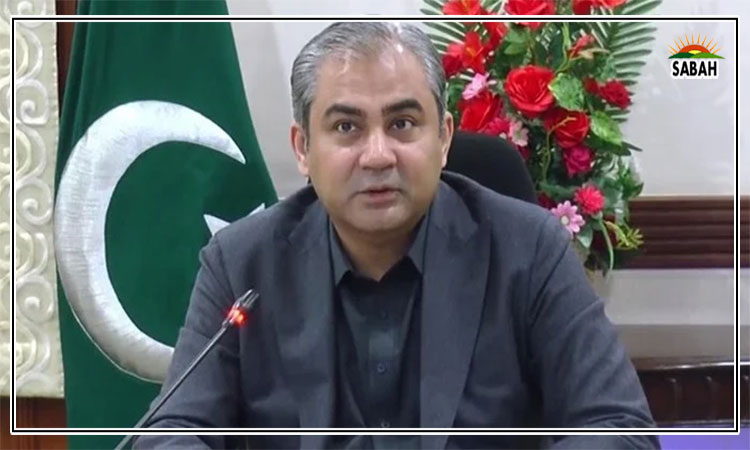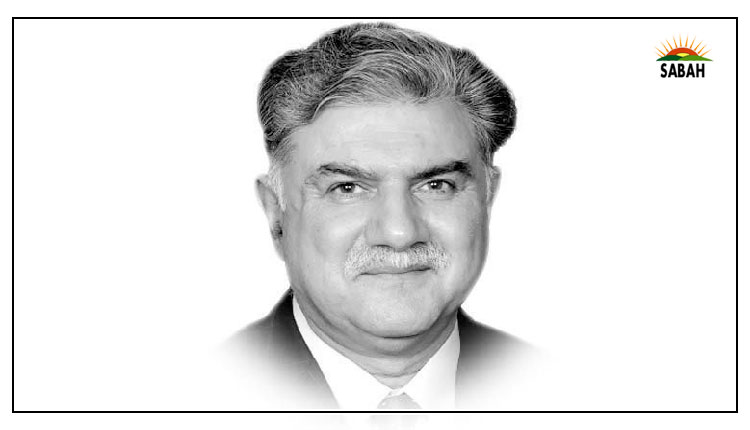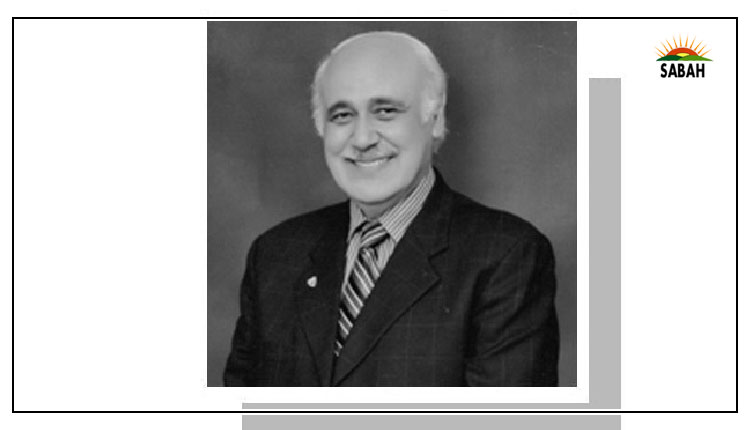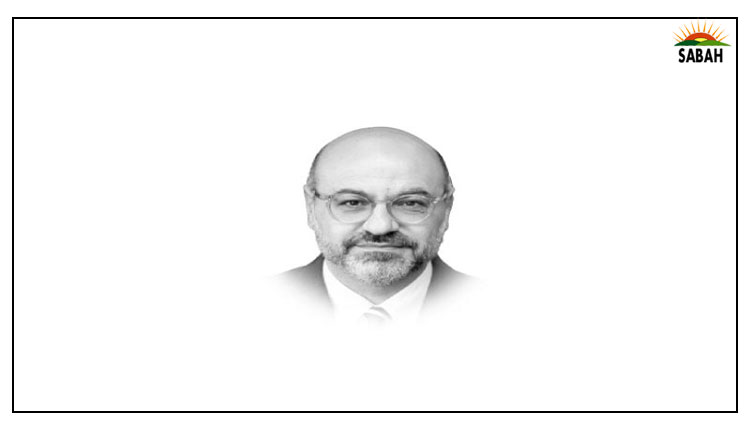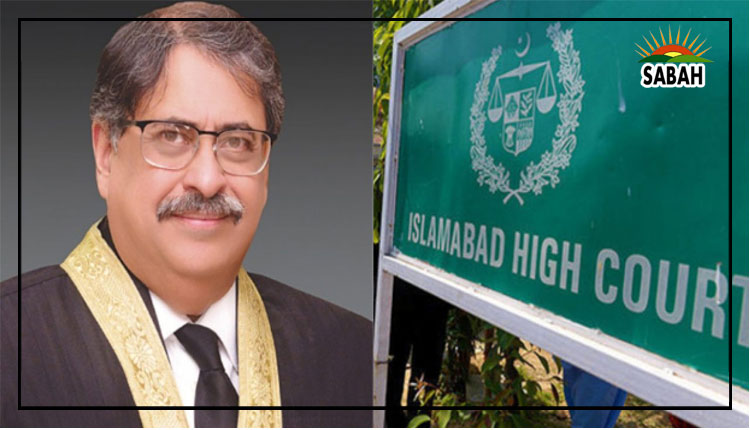Statements made by Shahbaz Gill were indeed ‘reckless’ & reflect a lack of appreciation of scheme of the Constitution of Pakistan: CJ IHC
ISLAMABAD, Sep 16 (SABAH): Pakistan Tehreek-e-Insaf leader Dr. Muhammad Shahbaz Shabeer Gill’s comments against state institutions were “reckless” and “not expected” from a person who is a party’s spokesperson and claims to be an academic, the Islamabad High Court said on Friday.
The IHC’s Chief Justice, Athar Minallah, granted post-arrest bail to the PTI leader on Thursday and ordered his release against surety bonds of Rs500,000.
The PTI leader is facing sedition charges for allegedly inciting mutiny within the armed forces during an interview with a TV channel in August.
In a written order comprising six pages issued on Friday, the CJ IHC stated that during the investigation, no incriminating material could be gathered to indicate that before or after making the statements, the petitioner had contacted any officer or other members of the armed forces with the intent to abet or attempt to cause incitement.
The order said that the statements made by the PTI leader were indeed “reckless” and reflect a lack of appreciation of the scheme of the Constitution of Pakistan.
“Such reckless statements were not expected from a person who claims to be an academician and is held out as a spokesman of a political party,” read the order.
Nonetheless, the IHC said, the trial court was satisfied that except for the offence described under section 131 of the Pakistan Penal Code (PPC), the other offences mentioned in the FIR were, prima facie, “not attracted”.
It added that the prosecution has also not brought on record any material to show that a complaint was received from or on behalf of the Armed Forces.
“The discipline of the armed forces is indeed not frail nor weak to be affected or influenced by reckless and irresponsible statements made by those who claim to be political leaders,” it said.
The order explained that Section 131 of the PPC explicitly provides that the offence is committed when a person abets the committing of mutiny by an officer, soldier, sailor or airman in the army, navy or air force of Pakistan or attempts to seduce any such officer, soldier, sailor or airman from his allegiance or his duty.
The order added that the prosecutor has stated that no incriminating material could be collected during the investigation, which would indicate that the petitioner had attempted to contact an officer or other members of the armed forces, before or after making the statements aired by the news channel.
“Despite the reckless statements made by the petitioner, a case for further inquiry is made out because a probe is required whether the offences mentioned in the FIR would be attracted solely on the basis of a speech sans any other actus rea.”
The investigation has been concluded and the petitioner is no more required to be incarcerated, it said, adding, “in such an eventuality, incarceration of the petitioner would not only be futile but, rather amount to punishing him before the conclusion of the trial”.
IHC Chief justice (CJ) Athar Minallah in the order stated that Gill was arrested on August 9 under multiple charges including sedition after he gave a controversial statement on a private TV channel allegedly inciting mutiny within the armed forces and later on August 30 an additional session judge rejected Gill’s request for bail.
“No evidence could be adduced that Shahbaz Gill approached a single officer of the armed forces to become party to the crime,” CJ Minallah observed.
“The investigation has been completed and [therefore] he cannot be detained further,” the judge added.
The PTI leader’s counsel, Salman Safdar, had also argued that the trial court was also satisfied that no offense was committed apart from Section 131 of the Pakistan Penal Code, claiming “malicious intent” was behind the case and that the charges were politically motivated.
On the other hand, the prosecutor argued that the speech was sufficient to prove the sedition charge since Gill had asked the members of the armed forces to disobey the orders of the officers.
However, the court held that the prosecution failed to present sufficient evidence to prove Gill had been involved in inciting rebellion within the armed forces and granted him bail against a surety bond of Rs500,000. The IHC also stated that the trial court can compel Gill to ensure court attendance at every hearing.


